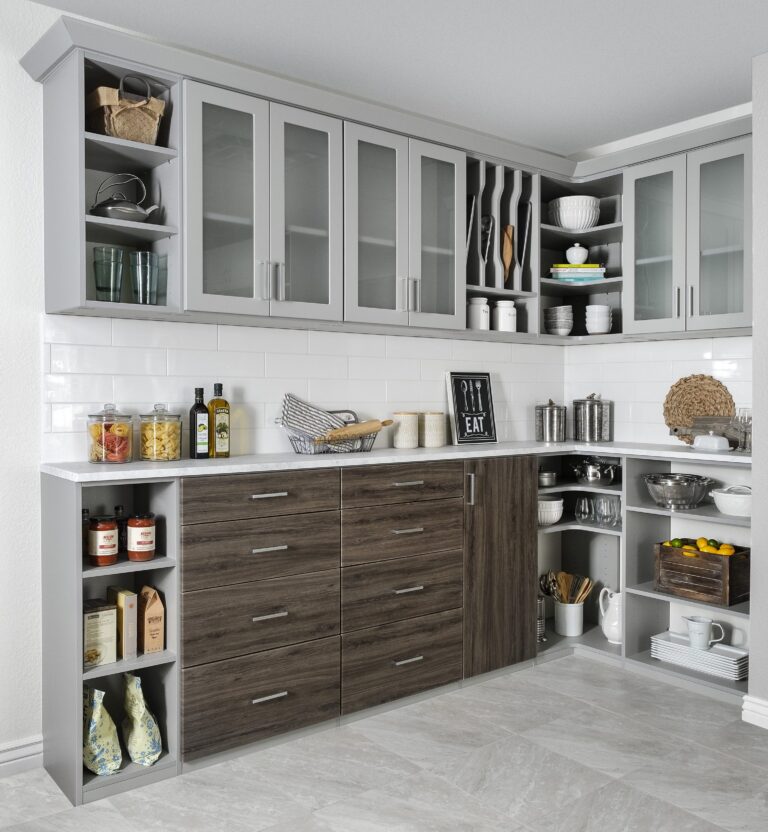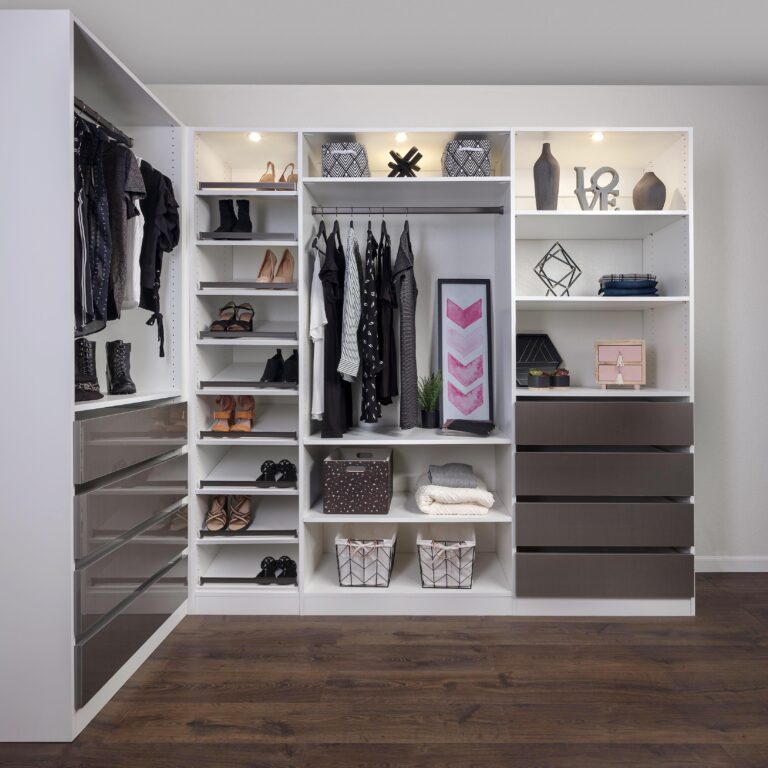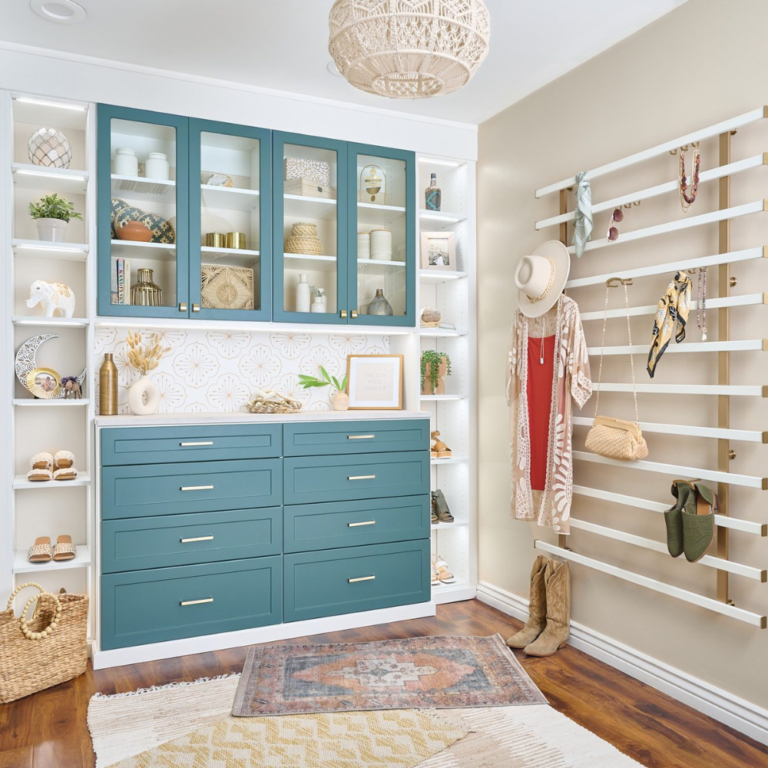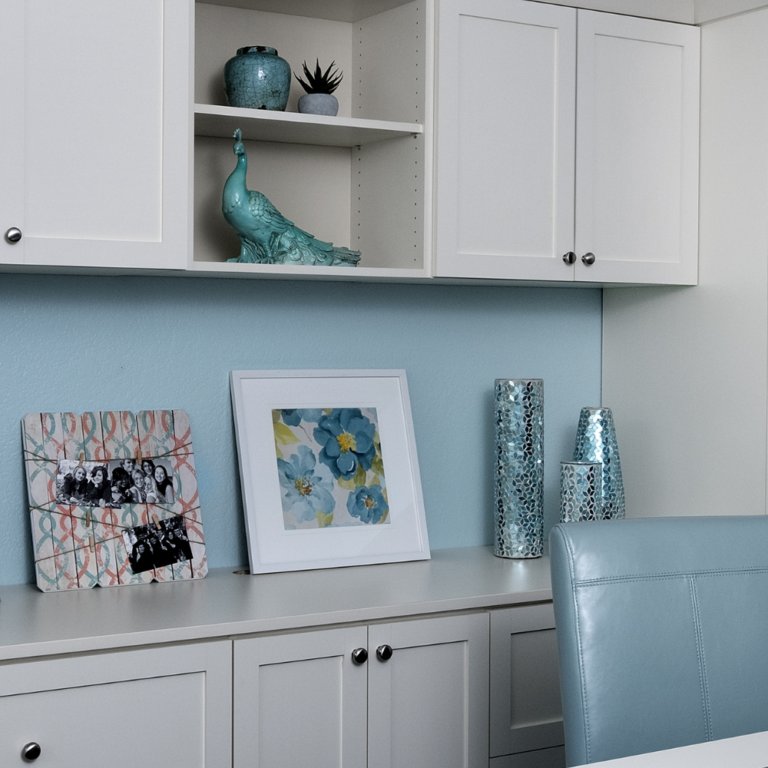





Lorem ipsum dolor sit amet, consectetur adipiscing elit. Ut elit tellus, luctus nec ullamcorper mattis, pulvinar dapibus leo.






Lorem ipsum dolor sit amet, consectetur adipiscing elit. Ut elit tellus, luctus nec ullamcorper mattis, pulvinar dapibus leo.
Have you ever noticed that you tend to wear the same handful of outfits even though your closet is bursting with clothes? This behavior aligns perfectly with the 80/20 rule—a principle derived from the Pareto Principle, which states that 80% of outcomes result from 20% of efforts. Applied to home organization, the rule suggests that most of us only use a small fraction of our possessions regularly, while the majority remain untouched and take up valuable space.

The concept is simple yet transformative: 80% of your wardrobe value comes from 20% of the clothes you wear most frequently. Think about it—there are probably a few staples you reach for again and again, whether it’s a favorite pair of jeans or that go-to black blazer. Meanwhile, dozens of other garments, shoes, and accessories collect dust in the background.
A practical example would be this: you might own ten different pairs of sneakers, but perhaps only two see regular action. This pattern isn’t limited to clothes; it can be applied to bags, jewelry, and even special occasion outfits.
Over the years, my relationship with possessions became overwhelming. Clutter was quietly draining my energy—I spent countless hours organizing, cleaning, and managing items I barely used. It wasn’t until I encountered the 80/20 rule that I realized the impact of this mental and physical burden.
I embarked on a mission to simplify my life, starting with my wardrobe. The first step was to acknowledge that 80% of what I owned wasn’t adding real value to my life. This shift in mindset was liberating, though challenging at first. I began by asking myself tough questions: Do I really need all these clothes? When was the last time I wore this?
One pivotal moment came when I donated half of my wardrobe. Instead of feeling regret, I experienced a profound sense of relief. With fewer items to manage, my daily routine became smoother, and my closet felt more spacious and inviting.
If you’re ready to reclaim your space and sanity, here are practical steps to help you:
Take Inventory: Pull out all your clothes and evaluate each item.
Sort into Categories: Separate your essentials (the 20%) from less-used items (the 80%).
Use the “Maybe Box” Method:
Donate or Recycle: Find local charities or organizations where you can give your clothes a second life.
Applying this principle has led to significant improvements in my daily life. Here’s what I experienced:
This rule isn’t just for your closet. I applied it to my kitchen, scaling back on unnecessary gadgets. My children’s toys also became part of the decluttering process. We sat together, sorting through games and books, deciding what truly sparked joy and what could be donated.
By extending the rule to different parts of my home, I noticed a profound shift—each space became more functional and peaceful.
This rule isn’t just for your closet. I applied it to my kitchen, scaling back on unnecessary gadgets. My children’s toys also became part of the decluttering process. We sat together, sorting through games and books, deciding what truly sparked joy and what could be donated.
By extending the rule to different parts of my home, I noticed a profound shift—each space became more functional and peaceful.
After decluttering, maintaining order is key:
While the 80/20 rule sounds simple, emotional attachment to belongings can pose a challenge. Here are strategies to help:
Additionally, fear of “needing something later” can hold you back. To combat this, remind yourself of how rarely you use certain items.
Decluttering isn’t just about improving your home—it’s also an opportunity to live more sustainably. By donating and recycling responsibly, you contribute to a circular economy and reduce waste. Intentional consumption helps you avoid impulse purchases and encourages mindful spending habits.
Living by the 80/20 rule has transformed my life into something more balanced and fulfilling. My home is now a space where I can breathe, where every item has a purpose. I no longer feel weighed down by clutter, and I have more time and energy to focus on what truly matters: experiences, relationships, and personal growth.